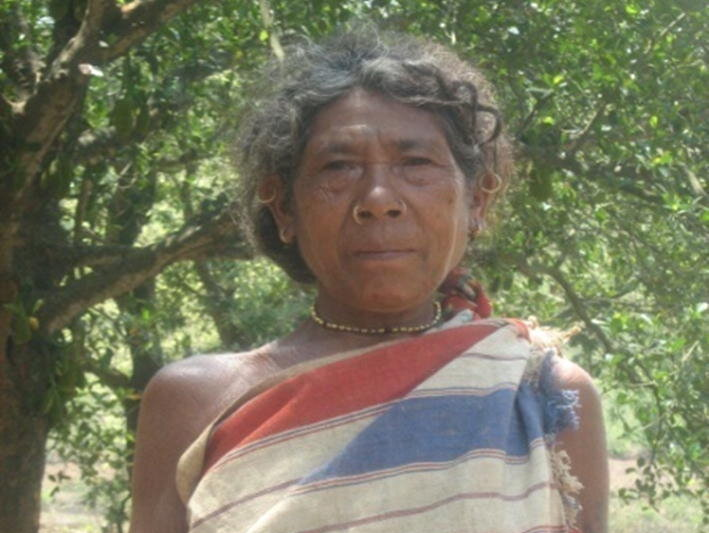Bhubaneswar: INTACH’s Odisha chapter has unveiled the Kerang Fabric project with an aim to revive the age-old heritage and ancient tradition of the Gadabas of Koraput. At an event held in Bhubaneswar to mark World Heritage Day, Thursday, Gadaba tribal women, dressed in Kerang sarees, showcased the revival of this ancient tradition. The use of handwoven clothes made from Kerang fiber by the Gadaba and Bonda tribes has a long history and holds a significant place in their culture and mythology. Women from these tribes wear clothes crafted from the bark of the Kerang plant, which grows in the wild. Tribal men and women collect the bark, soak it in water from nearby hill streams, sun-dry it, and extract the fiber. They then use various vegetable dyes before weaving them into patterns that have been followed for centuries. Gadaba women typically wear full-length cloth or sarees adorned with colourful stripes, covering their entire bodies, while Bonda women wear a small piece of cloth called ‘Ringa’, which wraps around the lower part of the body in a specific customary manner. These vibrant fabrics can last for generations, with a usable life span of a century. Weaving the Kerang fabric is a rite of passage for every Gadaba girl; she wears it during her marriage and is also draped in it when she passes away. However, this ancient tradition was dwindling.
In INTACH’s 2020 study, it was discovered that hardly any villages had existing looms, and none of the Gadabas were engaged in making the Kerang fabric. INTACH initiated a passion project to revive this dying tradition, selecting four villages in Lamtaput block and providing looms and assistance to the villagers. The project was spearheaded by INTACH’s Odisha State Convener, AB Tripathy, a retired IPS officer, who proposed it to INTACH’s headquarters in Delhi. After approval, Sanjib Chandra Hota, a retired IAS officer, led the project along with other INTACH members PC Mahapatra, Convener of the Koraput Chapter, Anil Dhir, and Rajendra Padhee.
The team interacted with Gadaba tribesmen in different villages through workshops and open discussions. The report was released by Justice Sashikanta Mishra, a judge of the High Court of Orissa, in the presence of Vandana Manchanda, Head of INTACH’s Heritage Crafts and Community Division. Hota, the Project Leader, stated that the Koraput district administration and the Odisha government have agreed to provide proper and adequate support to ensure that this ancient tradition of the Gadabas does not vanish.
